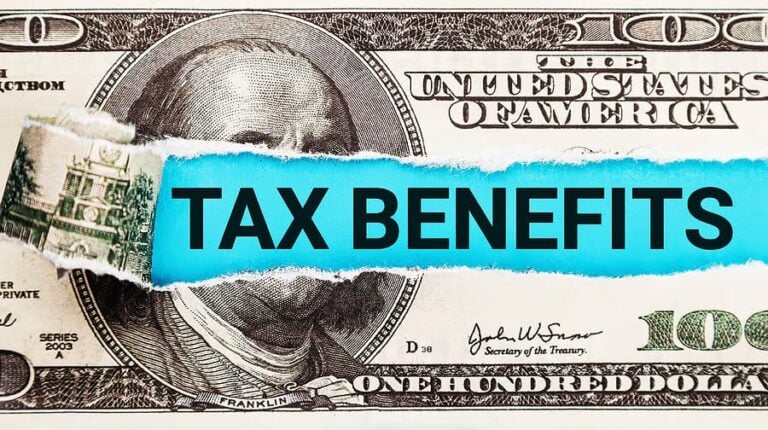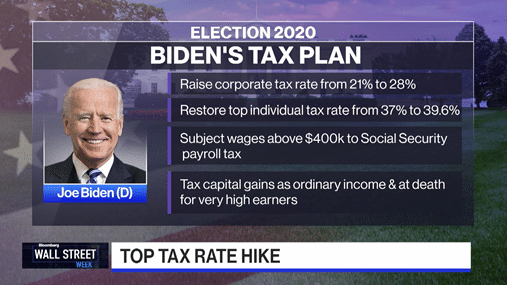How to Handle Tax Debt And Relief Options
For those taxpayers who have fallen delinquent, the IRS offers a number of tax debt relief options that include installment payment plans, offers in compromise, and filing as not currently collectible.
Tax debt relief is a fairly broad concept, but the overriding principle beneath it is to allow taxpayers the opportunity to properly square up their debts with the Federal government.
Because the Federal government maintains virtually limitless power to collect any money it is owed and can impose penalties, garnish wages or place liens on assets and property, it’s not uncommon for people to develop a fear of the IRS. However, just like any other creditor, the IRS is willing to make adjustments in order to collect on money it is owed. Let’s take a closer look.
Benefits of Tax Debt
Reduce Your Debt
Shrink your debt and grow your savings with United Debt Settlement. We’re your partners in chipping away at those towering credit card balances.
Avoid Bankruptcy
Steer clear of bankruptcy’s shadow with proactive debt management. Our experts craft escape routes that protect your credit and your peace of mind.
Financial Freedom
Step into a life free from debt. Our tailored strategies are your blueprint to a future where your finances are yours to enjoy, not owe.

How Does It Work?
Experienced Professionals
Our team comprises seasoned experts who have successfully navigated countless clients towards a debt-free life.
Customized Solutions
We understand that every financial situation is unique. That’s why we craft bespoke debt relief plans tailored to your specific needs.
High Success Rate
Our track record speaks for itself. Our effective strategies and dedicated approach ensure tangible results.
Confidential Consultation
Your privacy is paramount. Rest assured, our consultations are carried out with the utmost discretion and confidentiality.
Debt Relief Reviews
Is Tax Debt Relief Right for You?
There are several reasons to consider tax debt relief. For instance, If your cash flow is tight and you lack access to a personal loan or other form of credit that would eradicate your Federal tax liability, pursuing tax debt relief can make sense. Similarly, if private debt collectors hired by the IRS have been contacting you or you simply haven’t filed returns for a number of years, it’s smart to look into tax debt relief.
Finally, when a delinquent tax liability exceeds $50,000, the IRS can instruct the State Department to revoke that individual’s passport – a telltale sign that it’s time to consider tax debt relief.

IRS Forgiveness
The recently expanded IRS Fresh Start Initiative caters to taxpayers in need of installment plans and offer in compromise settlements. For instance, when an OIC aims to be paid off in fewer than six months, the IRS will examine just one year of future earnings to determine the taxpayer’s reasonable collection period. For an OIC that will be paid within six to twenty-four months, the IRS looks at two years of future earnings to make such a determination.
Though it is still not easy to get approved for an OIC, in both instances, the shorter time-frames of income examination (down from four years and five years, respectively) have made it easier to qualify. Meantime, the allowable living expense exemption has been broadened to include credit card payments and bank charges, making it easier for a delinquent taxpayer’s debt to be currently not collectible by the IRS.
Tax Debt Relief Scams
The IRS is intimidating to many – especially taxpayers who have fallen delinquent – and, as a result, a tax debt settlement industry has emerged to meet the need of navigating IRS debt forgiveness options.
However, as with any emerging industry, there are both good and bad actors. Many tax debt relief firms will advertise the promise of settling for pennies on the dollar through the aid of a staff that includes former IRS employees well-versed in the inner workings of the IRS. However, this really isn’t the case most of the time, as many employees are low-paid call center workers with minimal experience.
Avoid tax debt relief firms that demand upfront payment in exchange for the promise of dramatically reducing your tax bill. A reputable tax debt relief company will ask why you have fallen delinquent before compiling extensive financial information in order to match you with the most suitable IRS debt forgiveness option.
A reputable firm will charge a reasonable, fixed fee while providing clear, realistic guidance as to what it can accomplish for the taxpayer. Avoid any tax debt relief company that does not compile comprehensive financial background information or ask why tax delinquency has occurred in the first place, as these are significant red flags.
Remember, as well, that by contacting the IRS directly and expressing a willingness to pay your tax debt, it is entirely possible to get some form of tax debt relief on your own, without the need of any outside assistance.
Top Videos Related to Tax Debt And Relief
Medical Debt Help
Learn how to approach medical bills before it gets too late. Explore proven medical debt relief options with certified debt professionals.
Debt Management
Debt Management Plans (DMP) - A program managed by a credit counseling agency working on your behalf to negotiate lower interest rates & monthly payments with your creditors. Learn the pros & cons of debt management plans.
Debt Consolidation
Debt consolidation loans combine all credit card debts into one monthly payment. Decrease the chance of submitting late payments with a debt management plan.
Education Center

Credit Cards And Your Credit
Master Your Finances:
Our Latest Insights & Articles



